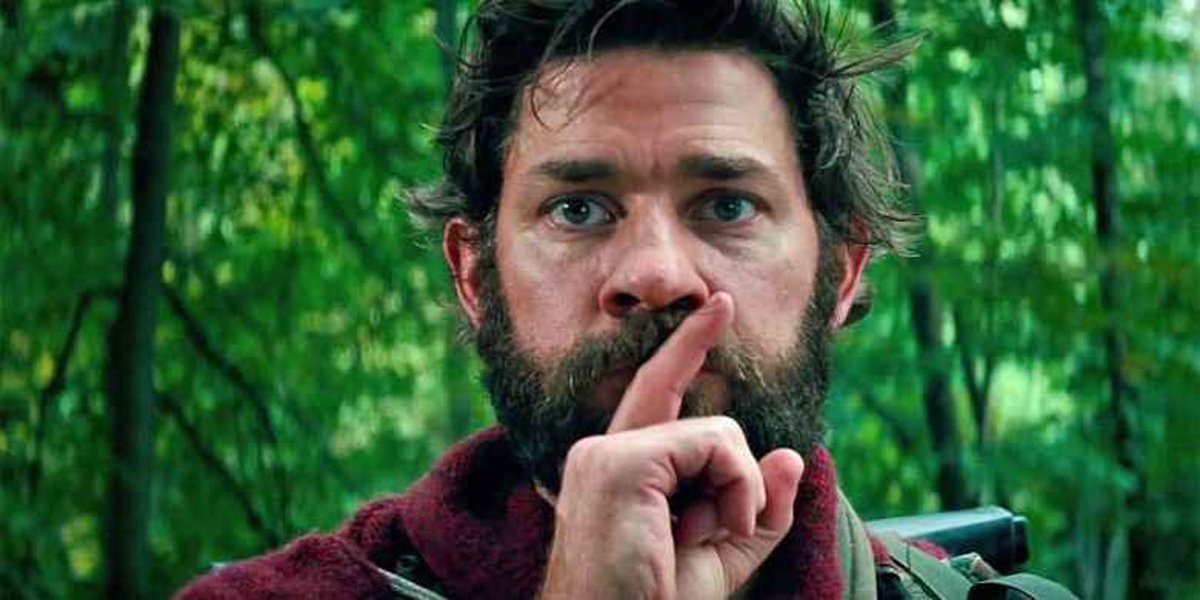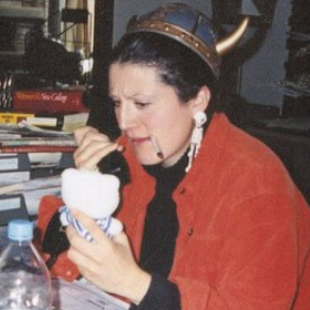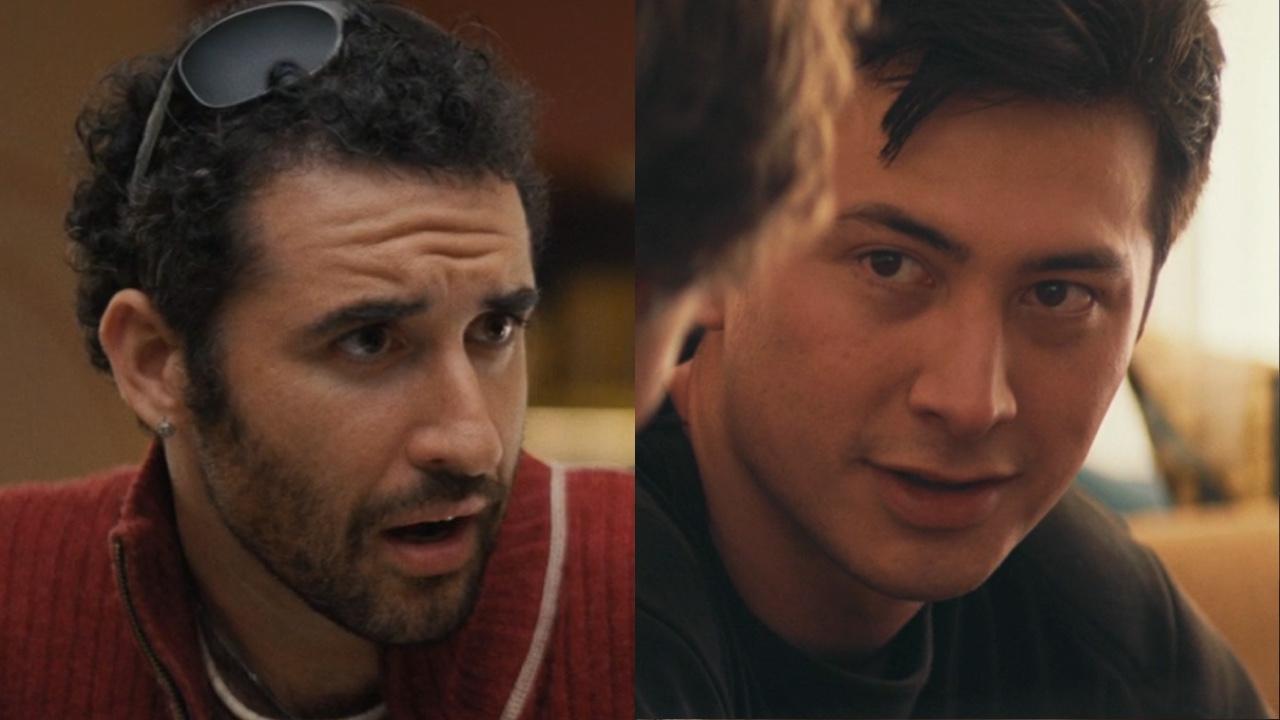John Krasinski Reacts To Criticism Of A Quiet Place As 'Regressive'

If you come away from this thinking the "regressive" criticism about A Quiet Place is a s-t-r-e-t-c-h at best, you are not alone. But a pretty scalding take was put out there, it reached director John Krasinski after the otherwise very highly praised horror film debuted in 2018, and he recently responded to the criticism in advance of his sequel A Quiet Place Part II.
John Krasinski said he was inspired to make A Quiet Place after he and wife/co-star Emily Blunt had their second child. The movie was a metaphor about parenthood. Most critics and fans either picked up on that or just appreciated the film apart from any message; the horror film has a whopping 95% fresh rating and an 83% audience score.
But at least one critic read the film differently. In a piece titled "The Silently Regressive Politics of A Quiet Place," The New Yorker writer Richard Brody wrote the following intro:
The success of A Quiet Place, the new horror thriller directed by John Krasinski, is a sign of viewers craving emptiness, of a yearning for some cinematic white noise to drown out troubling thoughts and observations with a potently simple and high-impact countermyth. The noise of A Quiet Place is the whitest since the release of Three Billboards Outside Ebbing, Missouri; as horror films go, it’s the antithesis of Get Out, inasmuch as its symbolic realm is both apparently unconscious and conspicuously regressive.
He added that A Quiet Place is the story of a white family "living in rustic isolation that’s reduced to silence because a bunch of big, dark, stealthy, predatory creatures who can hear their every noise are marauding in the woods..."
The one sole avowed identity of the Abbott parents is as their children’s defenders; their more obvious public identity is as a white rural family. The only other people in the film, who are more vulnerable to the marauding creatures, are white as well. In their enforced silence, these characters are a metaphorical silent—white—majority, one that doesn’t dare to speak freely for fear of being heard by the super-sensitive ears of the dark others. It’s significant that when characters—two white men—commit suicide-by-noisemaking, they do so by howling as if with rage, rather than by screeching or singing or shouting words of love to their families.
Well! Most critics and fans seemed to love A Quiet Place (except that test audience), but the bulk of any criticism centered about plot holes (and a lot of people asked about farts). If there's anything politically regressive about A Quiet Place it was unconscious to John Krasinski. He just had a lengthy profile with Esquire and he was asked about that sharp political take:
I never saw it that way or ever thought of it until it was presented to me in that way. It wasn't about being, you know, silent and political time that had nothing to do with that. If anything it was about, you know, going into the dark and, and taking a chance when all hope looked lost, you take, you know, you fight for what's most important to you. Again, my whole metaphor was solely about parenthood.
John Krasinski is sticking with his parenting metaphor for A Quiet Place Part II, the sequel he never expected to make going in. While his character Lee Abbott does return for part of the sequel, to show the beginnings of what happened, the story picks up from the events of A Quiet Place. So it mostly follows Emily Blunt's Evelyn Abbott and her children with Lee. As Krasinski continued to Esquire:
If the first movie is about parenthood and the promise that you make to your kids that I'll keep you safe no matter what—that's, that's inevitably a false promise. The second one is about that promise being broken and it's about growing up and it's about moving on and dealing with loss. For me this whole movie becomes about community. It’s about who do you trust in dark times and the power of relying on other people in dark times.
Here's more of what we know so far about A Quiet Place Part II, which is scheduled to be released on March 20, 2020 and expected to make some serious money in the process.
Your Daily Blend of Entertainment News
Gina grew up in Massachusetts and California in her own version of The Parent Trap. She went to three different middle schools, four high schools, and three universities -- including half a year in Perth, Western Australia. She currently lives in a small town in Maine, the kind Stephen King regularly sets terrible things in, so this may be the last you hear from her.

